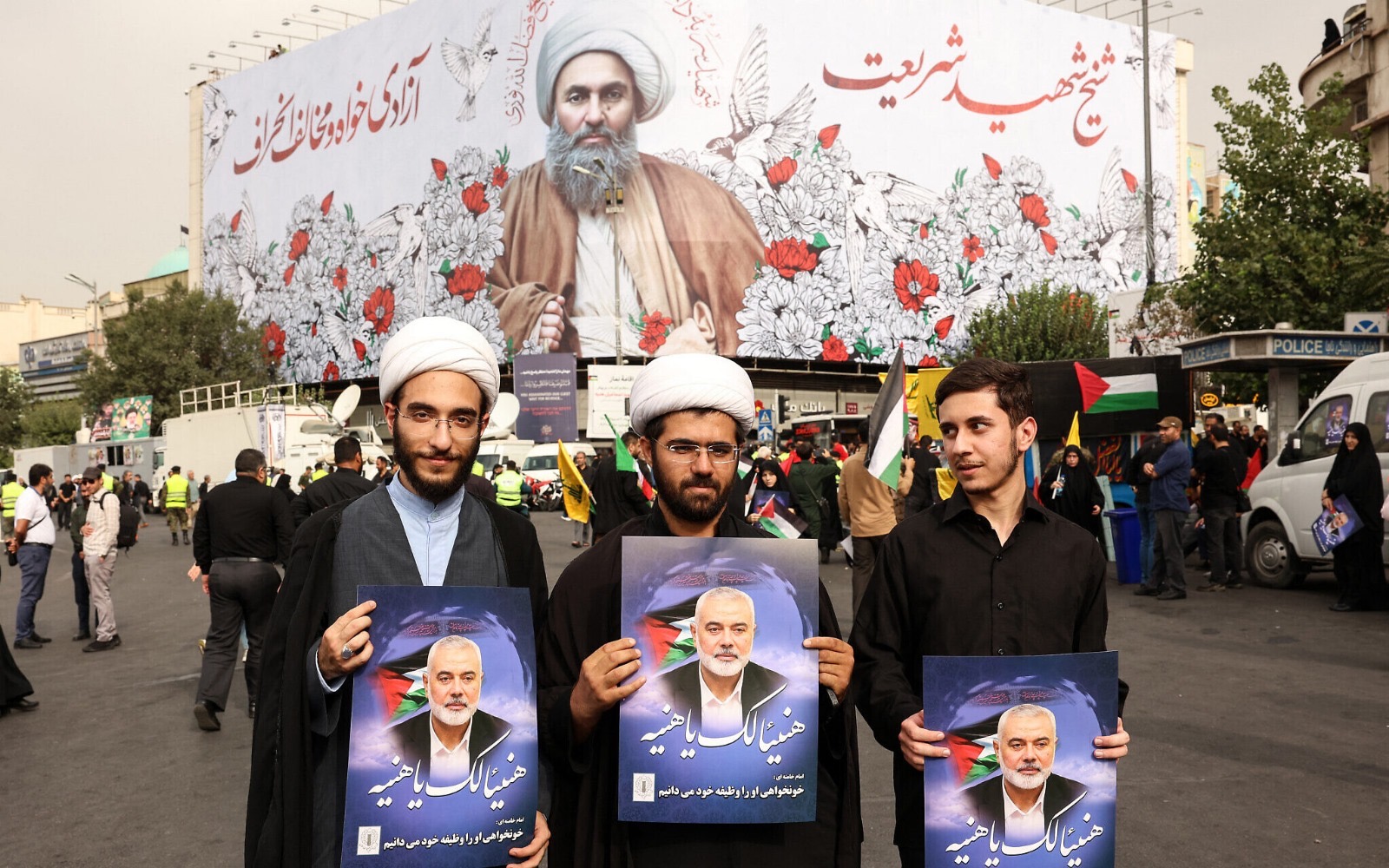We are waiting for the other shoe to drop while Iran is lining up its ducks.
Hamas’ political leader Ismael Haniyeh was assassinated on July 31st, just over a week ago. Iran’s Supreme Leader vowed to “avenge his blood” and said that Iran would hit Israel with a “severe punishment.”
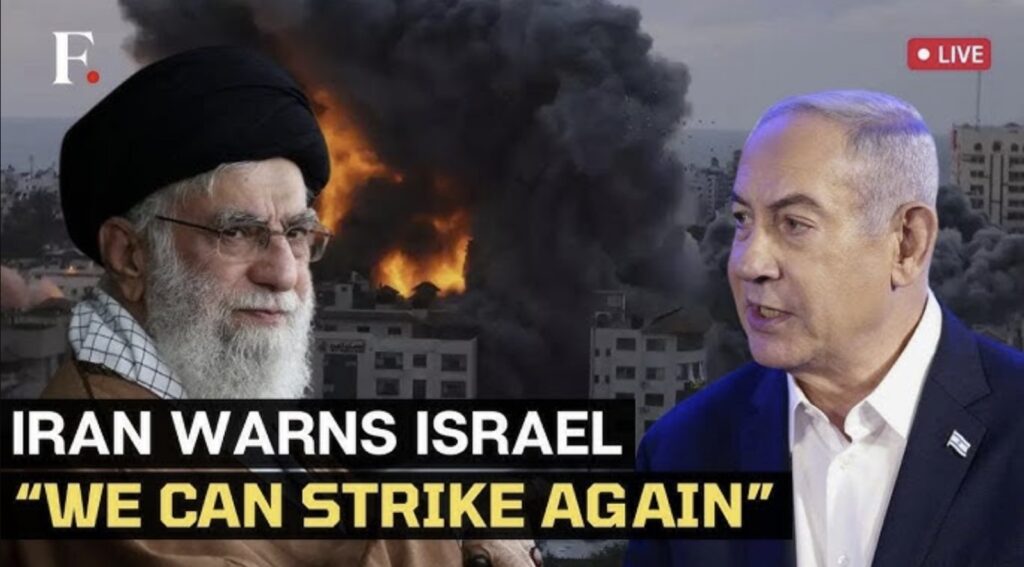
The head of one of Iran’s proxy armies, Hezbollah in Lebanon, added that there will be an attack of “rage and revenge” that will make Israel “weep.” The Hezbollah leader threatened that the attack will come from all of Iran’s proxy armies in the Middle East simultaneously—including Hezbollah in Lebanon to Israel’s north, the Houthis in Yemen to Israel’s southeast, and Hamas in Gaza to Israel’s south.
So why hasn’t Iran attacked yet? What’s holding things up?
Hezbollah’s leader, Hassan Nasrallah, says the delay is a psychological ploy designed to torment the Israelis. He says, “The enemy now must wait. The Israeli week-long expectation of a response … is part of the campaign and part of the punishment. It’s part of the war. Psychological warfare,” he repeats, “is part of the campaign.”
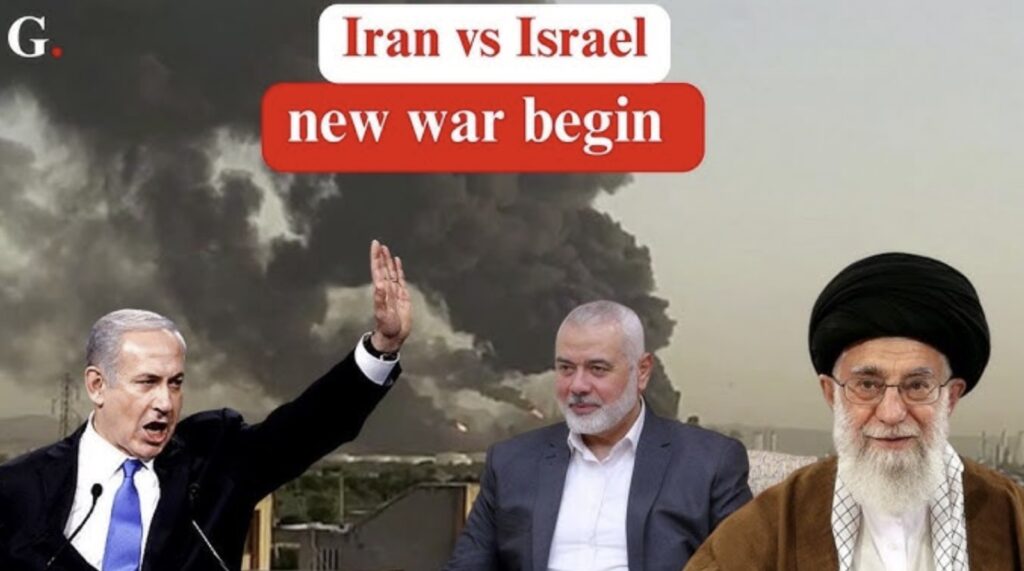
Indeed, the holy books of Islam dictate striking terror into the hearts of your enemies by plunging them into darkness about when and where a Muslim attack will come.
But there’s more. While Israel is lining up its allies in the West, Iran, too, is pulling together its global allies. It is tightening its bonds with its fellow nations in the Axis of Evil. And it is tightening another set of bonds that we Americans don’t know exist.
Iran has been strengthening its ties to the biggest intergovernmental organization outside of the United Nations. An organization of 57 nations. An organization whose members have a total population of over two billion people, one quarter of the population of the earth. That association is called the Organization of Islamic Cooperation.
From Sunday August 4th to Tuesday August 6th, the Organization of Islamic Cooperation held what it called an “extraordinary” meeting in Saudi Arabia to hear Iran’s case against Israel. The organization’s 57 members squarely lined up on Iran’s side.
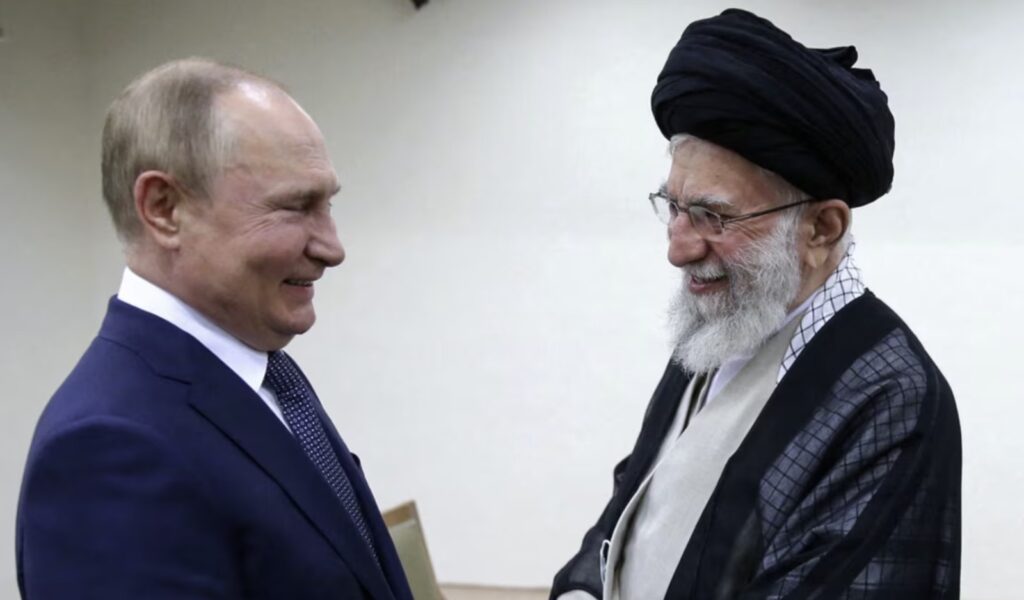
Even Saudi Arabia, a nation that until recently had been carrying out a hidden war against Iran, came out supporting Iran, calling the assassination of the Hamas political chief at a military guest house in Iran’s capital, Tehran, a “blatant violation” of Iran’s sovereignty.
The chairman of the Organization of Islamic Cooperation, who is from the African nation of Gambia, said,
“The sovereignty and territorial integrity of nation states are fundamental principles underpinning the international order. Respecting these principles has profound implications and their violation equally carries significant consequences.”
More important, The Organization of Islamic Cooperation’s only nuclear nation, Pakistan, pledged to provide Iran with medium range ballistic missiles.
But there was a hitch. Iran called on all the 57 nations of the Organization of Islamic Cooperation to support a massive attack on Israel. The Organization refused. And the Iranians asked the Organization’s members to cut diplomatic and economic ties with Israel. The nations with those ties, countries like the United Arab Emirates and Bahrain, refused to go along with this suggestion, too.
Nonetheless, the 57 nations of the Organization of Islamic Cooperation signaled moral support for Iran. And they gave what an Israeli lecturer on Iranian politics, Meir Javedanfar, called “diplomatic legitimacy for” Iran’s “upcoming attack.”
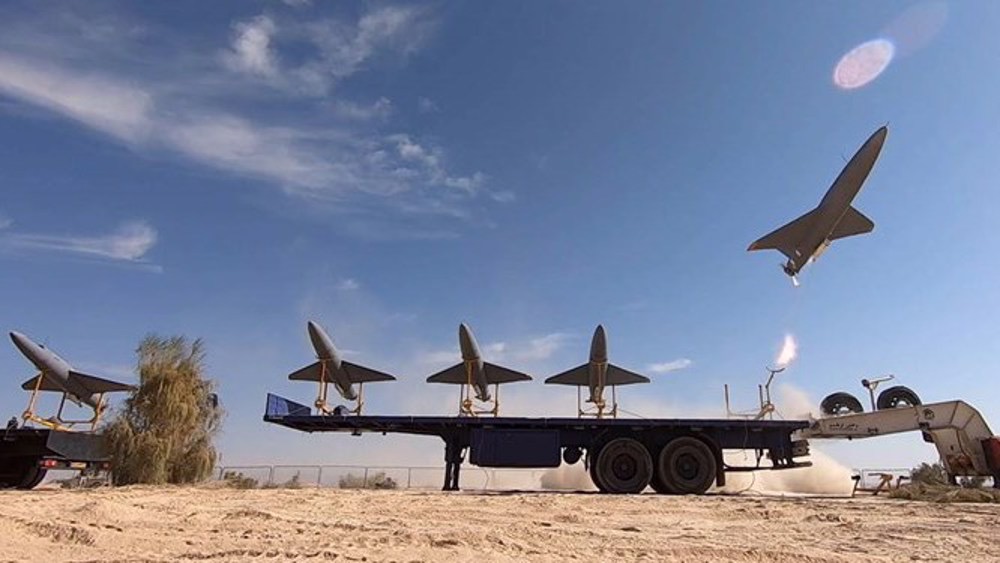
But more worrisome than the Organization of Islamic Cooperation is Iran’s other alliance, the Axis of Evil—a military alliance that includes Russia, China, North Korea, Iran, Syria, Venezuela, Cuba, and Nicaragua.
Three member-states in this Axis of Evil have nuclear weapons.
On Monday, August 5th, Russia sent its top general and head of its Security Council, Sergei Shoigu, to Iran with promises of advanced weapons systems. The weapons Russia is providing include Sukhoi Su-35 fighter jets, advanced air defense systems, and advanced radar systems. All weapons that could make Israel’s most potent arm, its air force, useless.
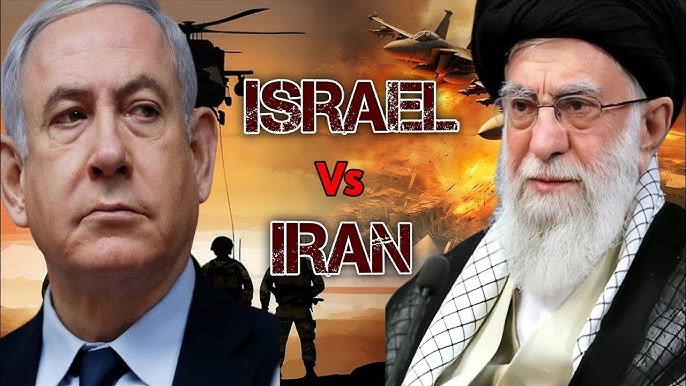
However Vladimir Putin has laid down a line. He says these weapons must not be used to kill Israeli civilians. The members of the Organization of Islamic Cooperation hinted at the same sort of limitation.
So why is Iran making the world hold its breathe, waiting for what the Iranians call Israel’s punishment? Iran has needed time to line up its allies and to insure that its next move is not just a Middle Eastern problem.
It is a global problem.
References:
Iran says must retaliate against Haniyeh assassination amid UNSC inaction
| Iran says must retaliate against Haniyeh assassination amid UNSC inactionThe Iranian acting foreign minister says the country has no option but to retaliate against the Israeli assassin… |
Iran’s Leader Orders Attack on Israel for Haniyeh Killing, Officials Say
https://english.aawsat.com/opinion/5048410-israels-worrying-power-its-disruption-and-activation
Saudi Arabia calls Haniyeh killing a ‘blatant violation’ of Iran’s sovereignty
| Saudi Arabia calls Haniyeh killing a ‘blatant violation’ of Iran’s sover…Comment by deputy FM during extraordinary meeting of Organization of Islamic Cooperation is first reaction by Ir… |
Iran may rethink reprisals against Israel over killing of Hamas’s leader
China responds to Israel on “act of assassination” on Hamas leader
| China responds to Israel on “act of assassination” on Hamas leaderChina continues to position itself as a mediator in the Middle East situation and an alternative to the U.S. |
______
Howard Bloom of the Howard Bloom Institute has been called the Einstein, Newton, Darwin, and Freud of the 21st century by Britain’s Channel 4 TV. One of his eight books–Global Brain—was the subject of a symposium thrown by the Office of the Secretary of Defense including representatives from the State Department, the Energy Department, DARPA, IBM, and MIT. His work has been published in The Washington Post, The Wall Street Journal, Wired, Psychology Today, and the Scientific American. Bloom has appeared on Saudi and Iranian TV over forty times. He does news commentary at 1:06 am Eastern Time every Wednesday night on 545 radio stations on Coast to Coast AM. For more, see http://howardbloom.net.

